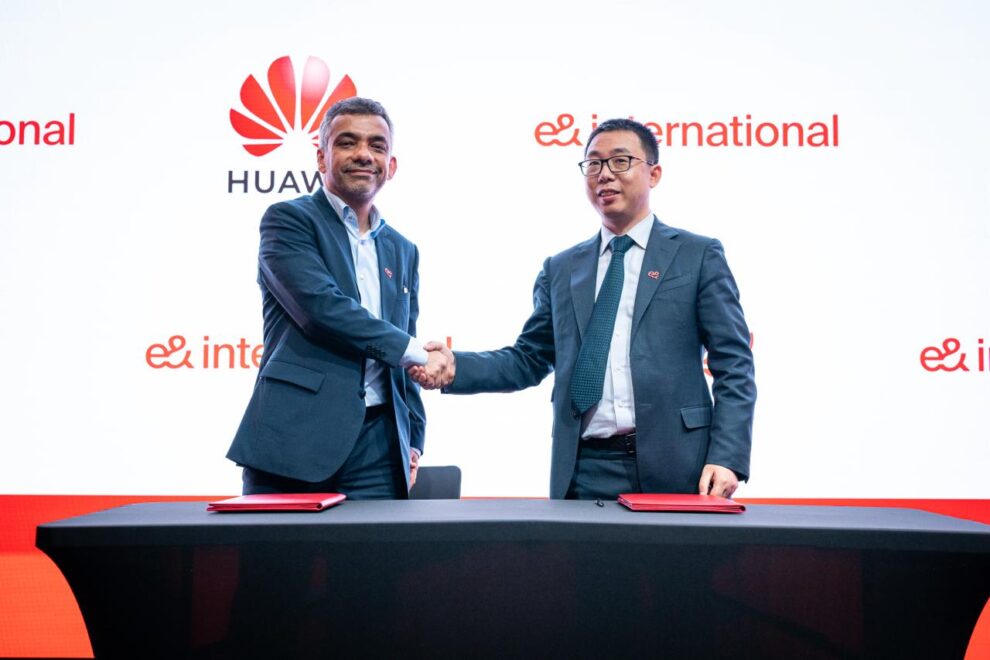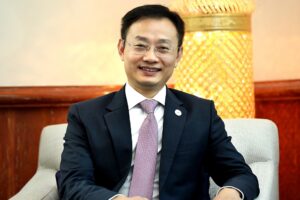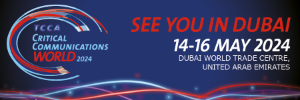The Middle East has been witnessing a significant shift in its telecommunications sector. With an increasing emphasis on sustainability, operators are now focusing on building green and energy-efficient networks. These networks, characterized by their low carbon emissions and eco-friendly operations, are transforming the telecommunications landscape and contributing significantly to environmental conservation.
Leading this green revolution in the ME&CA region are its key operators committed to driving sustainability through innovative solutions. These companies significantly reduce their carbon footprint by integrating energy-efficient technologies into their operations. The focus is not just on minimizing environmental impact but also on creating sustainable practices that can be replicated across the industry.
One of the primary strategies in building green networks involves decarbonizing the Information and Communication Technology (ICT) infrastructure. This includes radio, core and transport networks, and data centers. By adopting energy-efficient technology innovations and intelligent software features, service providers can drastically reduce energy consumption across their operations. Moreover, using renewable energy sources further contributes to the decarbonization efforts.
In addition to technological advancements, knowledge sharing plays a crucial role in promoting sustainability in the telecommunications sector. Collaboration in broad ecosystems drives the exchange of insights on climate change and the latest technological developments, enabling companies to align their network strategies with environmental considerations. This collaborative approach fosters a culture of continuous learning and adaptation, allowing the operators to stay at the forefront of green development.
Implementing advanced technologies like 5G also plays a pivotal role in the growth of green networks. With its high energy efficiency and capacity for massive connectivity, 5G technology is setting new benchmarks for eco-friendly operations in the telecommunications sector. The launch of net-zero 5G sites is a testament to the potential of these technologies in driving sustainability.
Huawei and e& spur sustainable change in the region
During Mobile World Congress 2024, e& (formerly Etisalat Group) and Huawei solidified their commitment to environmental sustainability by signing a Memorandum of Understanding (MoU). This strategic collaboration aims to construct green and energy-efficient networks, with a primary goal of significantly reducing carbon emissions and promoting sustainable environmental practices.
e& and Huawei will collaboratively work towards network decarbonization, encompassing ICT infrastructure components such as radio, core and transport networks, and data centers. The initiative will leverage Huawei’s energy-efficient technology innovations, intelligent software features, and a concerted effort to maximize the utilization of renewable energy sources. Additionally, the partners plan to host knowledge-sharing sessions to exchange insights on climate change and the latest technological advancements, ensuring adaptive and aligned network strategies.
A groundbreaking move by e& was the launch of the region’s inaugural net-zero 5G Massive MIMO site, powered by Huawei technology, during COP 28 in December 2023. This demonstration showcased a tangible commitment to deploying eco-friendly technology and marked a significant milestone in pursuing sustainable practices.
The partnership is a pivotal element of e&’s overarching ambition to expedite the transition to net zero, underscoring the critical importance of enhancing network energy performance to meet Net Zero targets. Sabri Albreiki, Chief Technology Officer of e& International, expressed the significance of the partnership, stating, “Through our strategic partnership with Huawei, we aim to accelerate the decarbonization of our ICT infrastructure by deploying their energy-efficient network equipment, combined with energy-saving software features, advanced machine learning capabilities, and renewable energy sources. Signing this MoU with Huawei reinforces our commitment to a greener, more sustainable future.”
Gavin Wang, President of Huawei e& Global Key Account, echoed this commitment, emphasizing, “The combined efforts of e& and Huawei exemplify a strong commitment to climate change and sustainable technology. Through our joint initiatives and efforts, we aim to revolutionize the telecommunications landscape and set new benchmarks for green development.”
Looking ahead, both e& and Huawei reaffirm their steadfast dedication to green development, with continuous investments and explorations in sustainable projects aligning with e&’s ambitious 2030 net-zero targets. This collaboration represents a progressive step toward shaping the future of telecommunications in an environmentally responsible manner.
In conclusion, the rise of green networks in the Middle East marks a significant milestone in the region’s journey towards sustainability. As more operators embrace energy-efficient technologies and sustainable practices, they set a strong precedent for other industries. This trend underscores the critical role of the telecommunications sector in paving the way for a sustainable future.
















